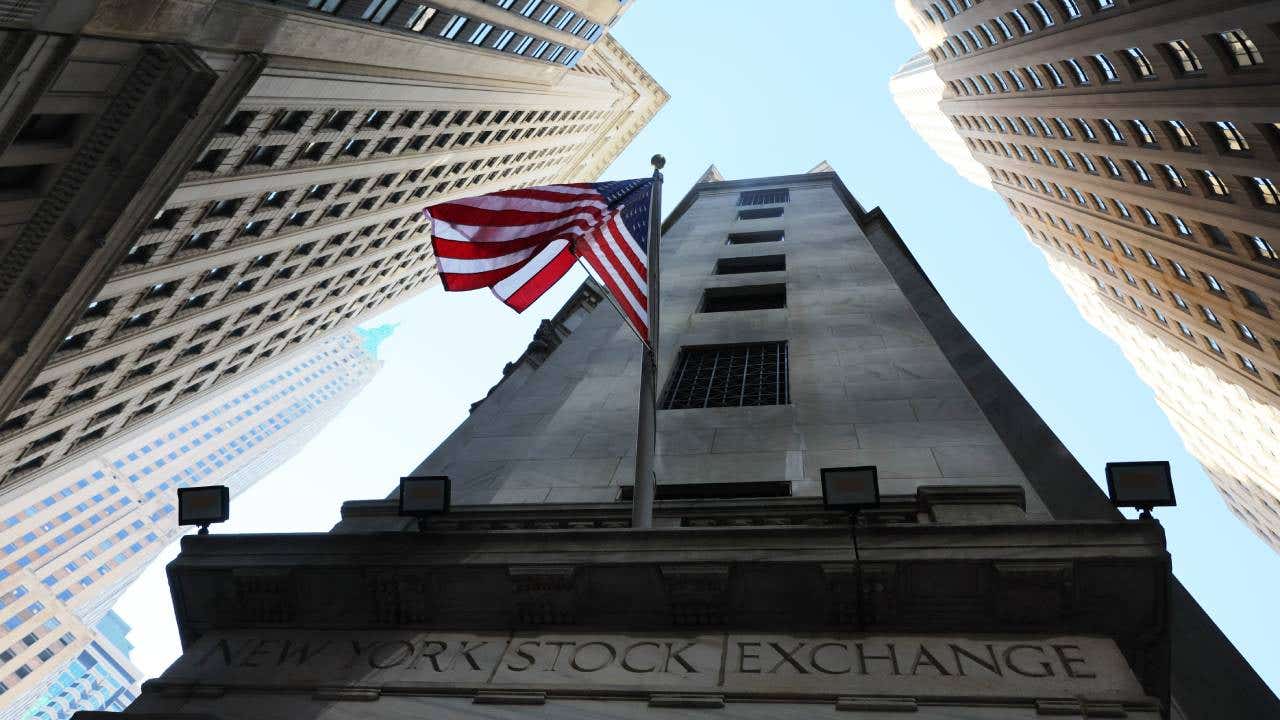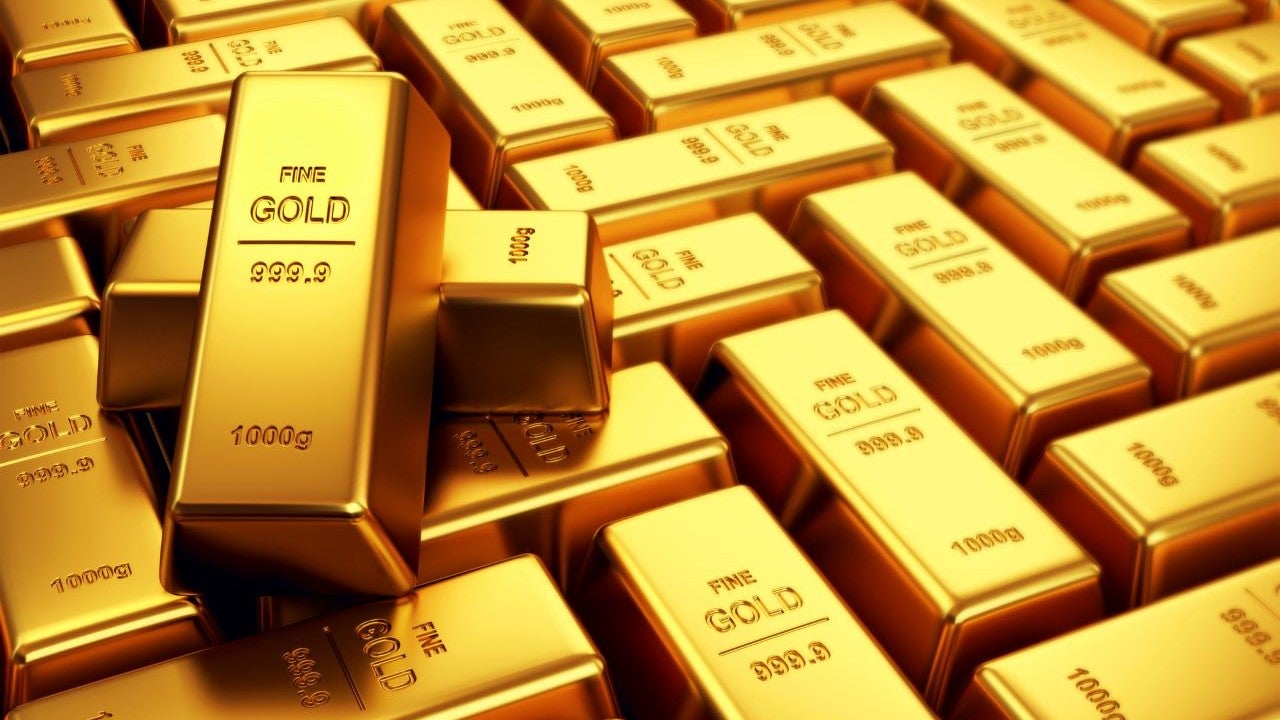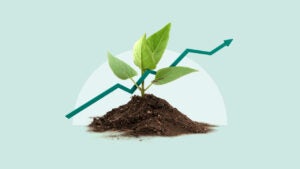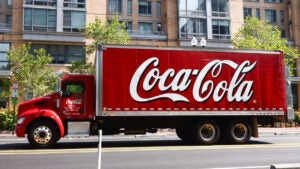Best-performing stocks over the past decade

Investing in the stock market is one of the best ways to grow your money and build wealth over time. As businesses grow their earnings, shareholders are often rewarded with dividends and higher stock prices.
Owning a diversified basket of stocks, such as an S&P 500 index fund, is one of the best investments you can make, but some stocks will do dramatically better than the market indexes.
Here are the best-performing stocks over the past decade.
Best-performing stocks over the past 10 years
*Data as of April 14, 2025. Source: macrotrends.
1. Nvidia (NVDA)
Nvidia is one of the best-performing stocks of all time and has richly rewarded shareholders over the past decade. Nvidia initially rose to prominence due to its chips used for video game graphics, but its business skyrocketed in late 2022 thanks to the rise of artificial intelligence. Revenue at Nvidia grew to $60.9 billion in its 2024 fiscal year, up from $27.0 billion in 2023.
- 10-year annualized return: 70.1 percent
- Market cap: $2.7 trillion
2. Sterling Infrastructure (STRL)
Sterling Infrastructure is a U.S.-based construction and infrastructure services company focused on transportation and e-infrastructure. It has carved out a niche in high-growth areas like data center development, highway expansion and civil engineering projects tied to the digital economy.
- 10-year-annualized return: 46.9 percent
- Market cap: $4.4 billion
3. Advanced Micro Devices (AMD)
AMD is a semiconductor company that offers a variety of products used in data centers, supercomputers and more. The company is also benefiting from the rise of AI and machine-learning technologies. AMD generated $25.8 billion in revenue in 2024.
- 10-year annualized return: 42.2 percent
- Market cap: $155.7 billion
4. Gravity (GRVY)
Gravity develops and publishes online and mobile games, primarily Ragnarok Online, in Japan and Taiwan. The company offers massively multiplayer online role-playing games, mobile games and related merchandise, While not a household name in the U.S., Gravity remains a profitable niche player in the global gaming market.
- 10-year-annualized return: 40.2 percent
- Market cap: $433.9 billion
5. Champion Homes (SKY)
Champion Homes is one of the largest North American builders of mobile homes, better known as manufactured homes. With 48 manufacturing facilities throughout the U.S. and Western Canada, Champion Homes also builds auxiliary dwelling units (tiny homes), park-model RVs and modular buildings. It generated $2.02 billion in annual revenue in 2024.
- 10-year annualized return: 39.8 percent
- Market cap: $4.8 billion
Need expert guidance when it comes to managing your investments or planning for retirement?
Bankrate’s AdvisorMatch can connect you to a CFP® professional to help you achieve your financial goals.
6. Camtek (CAMT)
Camtek, a relatively small Israeli-based company, has been making waves in the semiconductor industry with its metrology equipment, which plays a vital role in ensuring quality. Camtek’s technology has helped semiconductor manufacturers improve their production processes and boost their bottom line. In 2024, Camtek generated $429.2 million in annual revenue, a 36 percent year-over-year increase.
- 10-year annualized return: 37.3 percent
- Market cap: $2.8 billion
7. Casella Waste Systems (CWST)
Casella Waste Systems provides resource management services, including solid waste collection and disposal, transfer, recycling and organics services. Casella Waste Systems generated $1.56 billion in revenue for fiscal year 2024, up 23 percent from 2023.
- 10-year annualized return: 37 percent
- Market cap: $7.4 billion
8. Builders FirstSource (BLDR)
Builders FirstSource is a manufacturer and supplier of building materials, manufactured components and construction services to professional homebuilders, subcontractors, remodelers and consumers. The company has integrated more than 60 acquisitions since 1998 and generated $16.4 billion in revenue in 2024.
- 10-year annualized return: 36.3 percent
- Market cap: $13.6 billion
9. Axon Enterprise (AXON)
Axon Enterprise, formerly known as Taser International, offers law enforcement-related products including Taser weapons, body-worn cameras, in-car video systems and a cloud-based digital evidence management platform. Axon’s products are in wide use by law enforcement agencies across the U.S. In 2024, the company generated revenue of $2.1 billion, a 33 percent increase from the previous year.
- 10-year-annualized return: 35.2 percent
- Market cap: $45.1 billion
10. IES Holdings (IESC)
IES Holdings, formerly known as Integrated Electrical Services, is a holding company providing industrial infrastructure services across the U.S. Through its subsidiaries, the company offers electrical and mechanical contracting solutions for data centers, residential housing, and commercial and industrial facilities.
- 10-year-annualized return: 35.1 percent
- Market cap: $3.8 billion
Bottom line
While owning a diversified portfolio, such as an S&P 500 index fund, is a solid investment strategy, there are certain stocks that have substantially outperformed the market over the past decade. Companies like Nvidia, Advanced Micro Devices and Camtek have seen significant growth thanks to the rise of artificial intelligence. Like any investment, even the best investments, it’s important to conduct thorough research and remain mindful of the risks when investing.
— Bankrate’s Brian Baker contributed to an earlier version of this story.
Editorial Disclaimer: All investors are advised to conduct their own independent research into investment strategies before making an investment decision. In addition, investors are advised that past investment product performance is no guarantee of future price appreciation.
Why we ask for feedback Your feedback helps us improve our content and services. It takes less than a minute to complete.
Your responses are anonymous and will only be used for improving our website.






